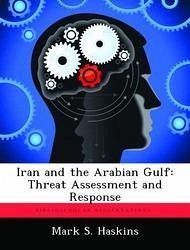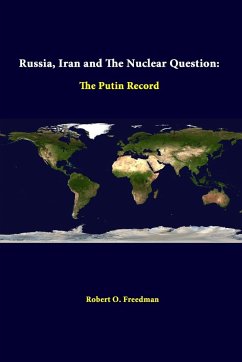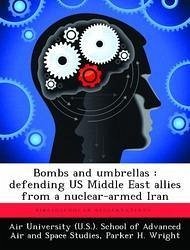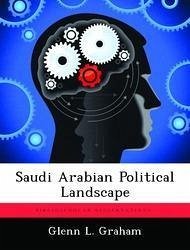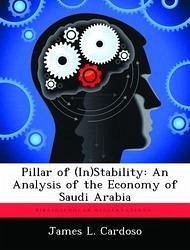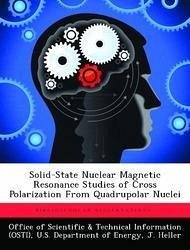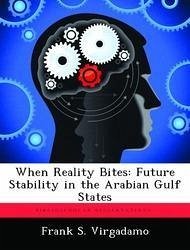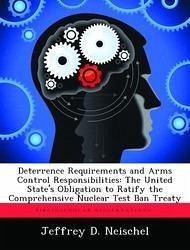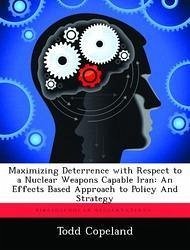
Saudi Arabian Reactions to a Nuclear Iran
Versandkostenfrei!
Versandfertig in über 4 Wochen
53,99 €
inkl. MwSt.

PAYBACK Punkte
27 °P sammeln!
An Iran with nuclear weapons would greatly increase the risk of other nations in the Middle East following suit, especially Saudi Arabia, resulting in a possible nuclear "Domino Effect" throughout the region. This research paper focuses on the likely Saudi Arabian reactions to counter and ultimately deter an Iran with a nuclear weapons program. Overall, Iran could pursue four different options with regard to its nuclear weapons program: virtual (e.g. Japan), ambiguous (e.g. Israel), declared (e.g. North Korea), or elimination (e.g. Brazil, Libya). This paper contends that Iran will pursue a vi...
An Iran with nuclear weapons would greatly increase the risk of other nations in the Middle East following suit, especially Saudi Arabia, resulting in a possible nuclear "Domino Effect" throughout the region. This research paper focuses on the likely Saudi Arabian reactions to counter and ultimately deter an Iran with a nuclear weapons program. Overall, Iran could pursue four different options with regard to its nuclear weapons program: virtual (e.g. Japan), ambiguous (e.g. Israel), declared (e.g. North Korea), or elimination (e.g. Brazil, Libya). This paper contends that Iran will pursue a virtual program and attempt to remain a party in good standing in the NPT, but have the capacity in-place to quickly build nuclear weapons. To the Iranian leadership, a virtual program would meet their national security interests of regime survival, protecting the homeland, and increasing regional influence. Saudi Arabia looks across the Persian Gulf and sees four grave threats: Iran's pursuit of regional hegemonic power, the impacts of a broadening Shi'a vs. Sunni religious-divide and escalating conflict, the possibility of Iranian missile attacks on its homeland, and the possible weakening of U.S. credibility with respect to its security guarantees with Saudi Arabia. These perceived threats, along with Iran's virtual capability, will eventually drive Saudi Arabia to pursue a nuclear weapons program of their own. This paper concludes that Saudi Arabia in the short-term will seek to "borrow" nuclear weapons from Pakistan. This agreement might also involve deployment of Pakistani Air Force nuclear-capable fighters onto Saudi soil. Similar to U.S. deployment of tactical nuclear weapons onto European soil, this "borrow" option would allow Saudi Arabia to remain a party in good standing in the NPT, thereby reducing the possibility of international sanctions. In the long-term Saudi Arabia will construct the infrastructure, obtain required technology, and train the scientists necessar





